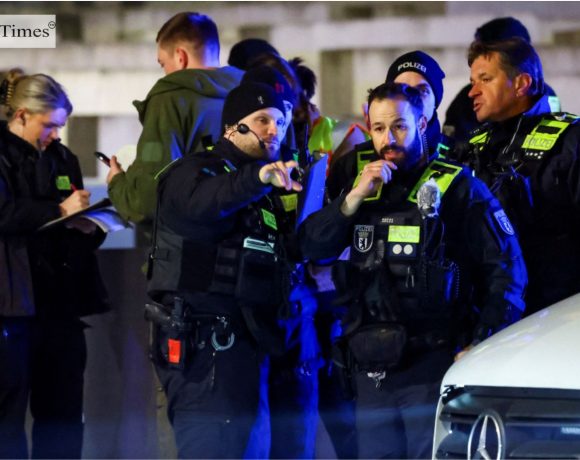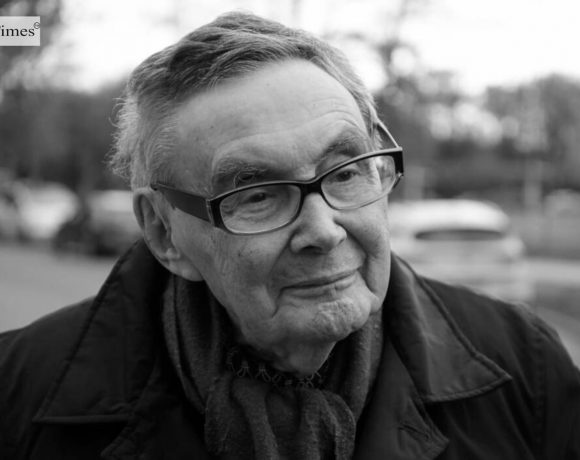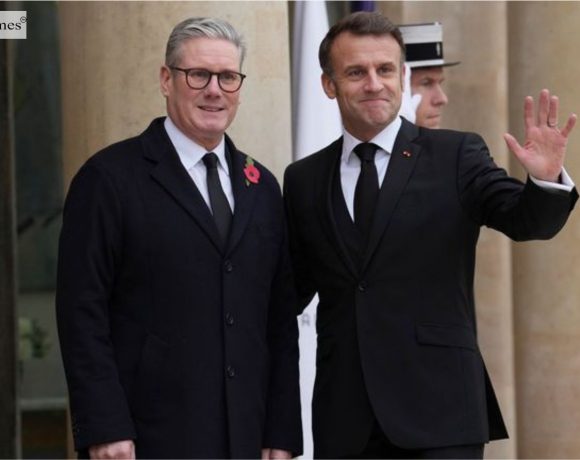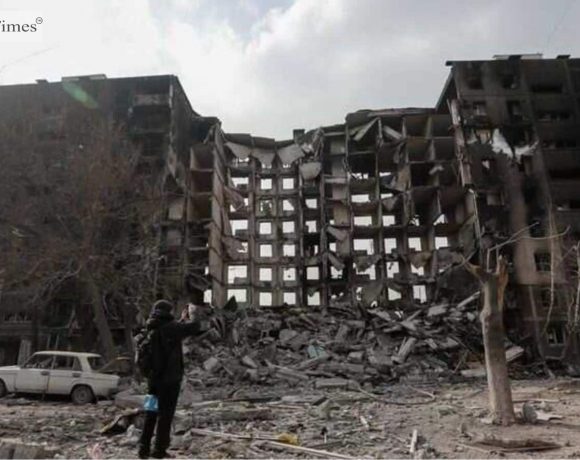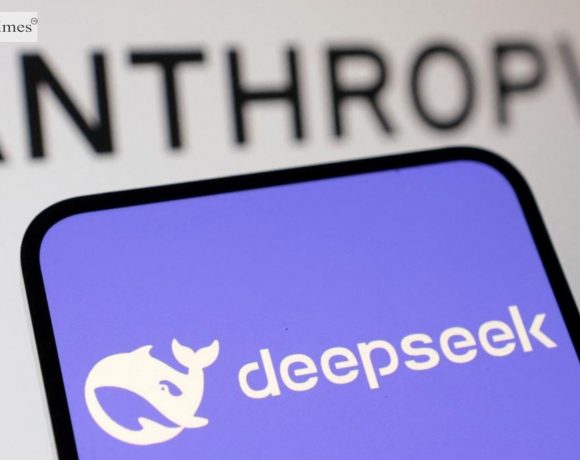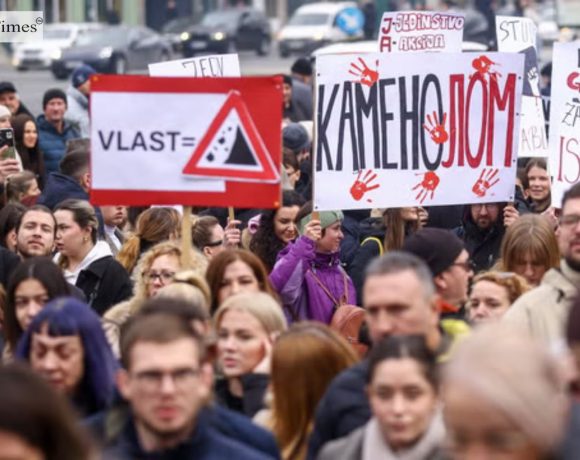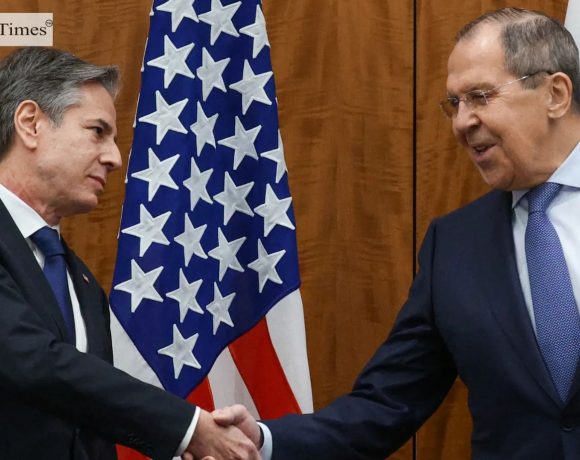
Moldova’s government has called on the country’s Orthodox clergy to “tell the truth” about Russia’s invasion of Ukraine, emphasizing the destruction of around 500 places of worship since the war began. Government spokesperson Daniel Voda made the appeal on Sunday, highlighting that the conflict is not just about territorial control but also the devastation of religious sites. His remarks come amid a growing rift between Moldova’s Orthodox churches, with many parishes shifting allegiance from the Moscow-linked Moldova Metropolis to the Romania-linked Metropolis of Bessarabia.
While the Moscow-affiliated church in Moldova insists it has condemned the war from the start and has provided aid to thousands of Ukrainian refugees, media reports suggest that some priests continue to support Russia’s actions. The church has acknowledged that groups of clergy have taken pilgrimages to Russian holy sites with financial backing from Moscow. Despite these divisions, Metropolitan Vladimir, head of the Moscow-linked church, maintains that he prays for peace and refrains from mentioning Russian President Vladimir Putin in his services.
Moldova’s religious schism mirrors the country’s complex history, as its territory has shifted between the Russian Empire, the Soviet Union, and Greater Romania. The Romania-linked Metropolis of Bessarabia has increasingly aligned with Moldova’s aspirations to join the European Union by 2030. With more than 90% of Moldovans adhering to Orthodox Christianity, the ongoing church split underscores deeper geopolitical and social shifts within the nation.
Pic Courtesy: google/ images are subject to copyright

